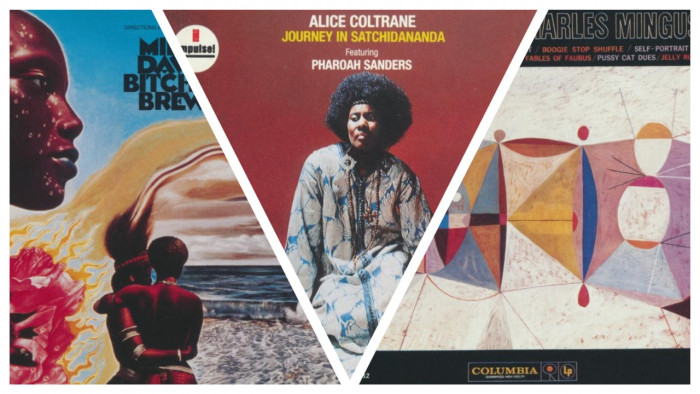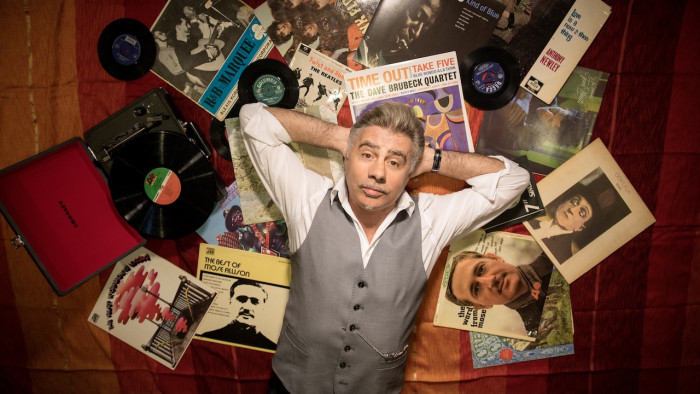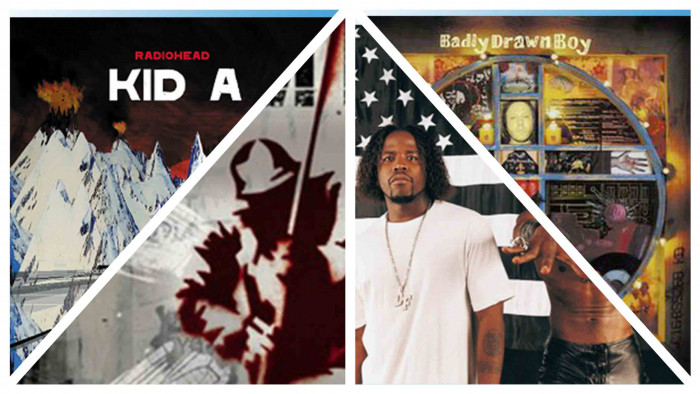Connecting Kanye’s mental health to his politics insults sufferers like me
"Was my vote in the last general election worthless because of my ill mental health?"


My first exposure to Kanye West was working on a building site before starting university in 2007. “Stronger” was played four or five times per day on the radio as I mixed cement and moved bricks around in a wheelbarrow – in the end, I probably heard the song more than 300 times.
From there, I listened to more of his catalogue, watched everything I could find on YouTube, and read his interviews. And this is what makes me so disappointed in his recent behaviour, most notably proudly taking a picture of himself in a MAGA cap and sharing it with his 27 million Twitter followers.
I don’t know what was going on inside Kanye’s head when he did that, and the only person who does is Kanye.
This is why I find it uncomfortable that a significant number of people have jumped to the conclusion that Kanye’s mental health is the reason for his endorsement of Donald Trump, and for his erratic Twitter activity over the last week.
What I know about Kanye’s mental health is that he has spoken about contemplating suicide, he has taken antidepressants, and he voluntarily went to hospital with symptoms of paranoia and anxiety in 2016. He has been privately recovering for over a year.
These are all incredibly serious issues, I’ve had to quit jobs in the past because of these same symptoms, and I count myself lucky that I’ve never seriously harmed myself or have had to be hospitalised.
But I am still capable of holding beliefs that aren’t compromised by these symptoms.
To somebody with a mental health condition, it’s horrible and jarring to see somebody denied a political opinion or a friendship with another person because of their supposed mental health state. Was my vote at the last general election compromised because of my ill mental health at the time? Should I not have voted? Should my friends assume I only spend time with them because of my mental health?
Just because it’s uncomfortable to us as fans of Kanye’s artistic work, it doesn’t mean it’s ok for us to chalk his disagreeable behaviour off as being down to his mental health.
It marginalises those with mental health conditions.
This is by no means a new or rare phenomenon on social media. Kanye’s new mate Trump has been diagnosed by armchair psychologists from across the world, often those who disagree with his politics or think his mannerisms and speech are a clear indicator that he is not of sound mind. It might be cathartic for someone to tweet this unqualified opinion, but it doesn’t make it right. Perhaps the normalisation of armchair diagnosing Donald Trump is what made it easier for so many to leap to the same conclusion with Kanye.
I don’t have a direct line to Kanye (I fucking wish I did though, Jesus). But Chance The Rapper does, and there’s a telling line in his recent tweets:
“He’s in a great space and not affected by folk tryna question his mental or physical health.”
I don’t believe that attributing this behaviour to Kanye’s mental health comes from a bad place. Lots of us truly care about his mental health, and some see this recent behaviour as a cause for concern. It’s tough. It really is.
In a court of law, it is often claimed that a proven mental health condition is an extenuating factor in a crime, so where do you draw the line? Perhaps you might think that I want the best of both worlds. But in a court of law, there are psychologists, experts, forensic analysts, lawyers, and a jury of peers.
The court of public opinion is far more dangerous, it’s a free for all. Thanks to social media, we all have a platform – but we also have a duty to use that platform responsibly.
In many ways it is good that social media lets a diverse range of voices get heard, without being filtered by newspaper editors or TV producers. But it’s also dangerous, especially when people act as armchair experts on such a complex issue as mental health.
Please don’t think I am trying to downplay or marginalise Kanye’s experience with mental health, but it’s damaging and unhelpful to your friends and family with mental health conditions when they see you write off his behaviour as being “because” of his mental health. Leave it to the professionals.
(Pics: Getty, Rex, Twitter)








